Russia's War in Ukraine: Implications for Central Asia
By Johan Engvall
March 14, 2022
Russia’s invasion of Ukraine and the West’s economic response to it has put Central Asia in a precarious position. As part of what Moscow perceives as its sphere of interest, the repercussions of Putin’s war are bound to affect the Central Asian countries particularly hard. While anything but static, the nature of the Russia-Central Asia relationship still enables Moscow to retain a strong influence in the region. Russia remains the dominant security actor in Central Asia, even more so following the U.S. withdrawal from Afghanistan. Their economies remain closely interlinked with Russia, and at the political level, a distinct type of post-Soviet authoritarian leadership model with roots in the Soviet system facilitates political dialogue. Western disengagement from the region has left them more vulnerable, but the unpredictable consequences of Russia’s military adventurism might force them to realign their external relations.
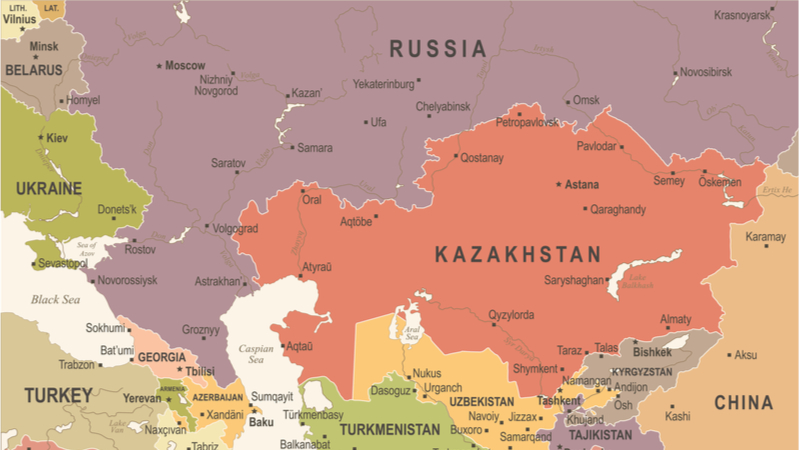
Did Cryptocurrency Miners Crash the Central Asian Power Grid?
By Tony Pizur
February 22, 2022, the CACI Analyst
On January 25, Kazakhstan experienced widespread power outages that also affected neighboring Uzbekistan and Kyrgyzstan. Decaying infrastructure and increasing energy demand from cryptocurrency miners were blamed for the failure. Crypto operations are controversial because they divert scarce electricity resources from traditional household and industrial uses. After China’s complete ban on cryptocurrency activity last year, Kazakhstan was unprepared to accommodate the sudden influx of displaced crypto miners; nevertheless, the country quickly became the world’s second-largest source for newly minted bitcoins. Stopgap measures to restore power included patching physical infrastructure, sourcing electricity from Russia, and temporarily banning cryptocurrency mining.
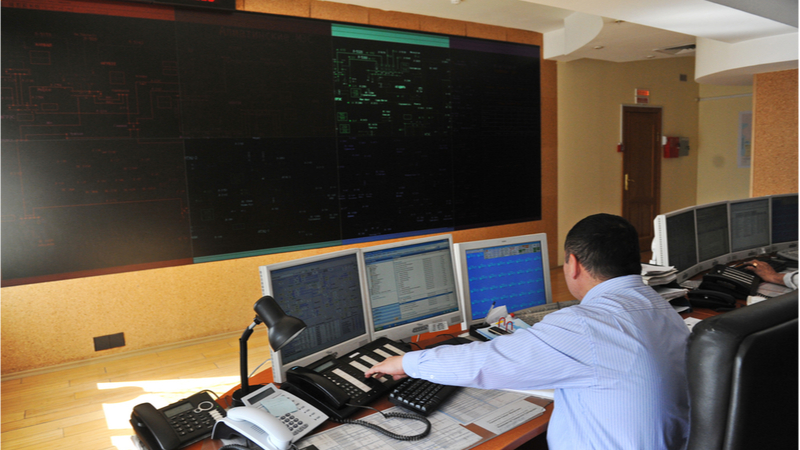
U.S. out, Taliban in: Central Asia Facing New Challenges from Afghanistan
By Farkhod Tolipov
August 20, 2021, the CACI Analyst
In April 2021, Washington began the long-awaited withdrawal of its military forces from Afghanistan, a process that is expected to be completed by September this year. This is being done in the wake of an agreement between the U.S. and the Taliban as a condition for reaching peace in Afghanistan. However, the “victorious” Taliban began a sudden offensive in some northern provinces bordering Uzbekistan and Tajikistan. The Afghan military surprisingly retreated instead of resisting the insurgents. Some even crossed the Afghan border with Uzbekistan and Tajikistan. As the Taliban have swiftly moved to take control of most Afghanistan, including Kabul, Central Asia is facing strategic uncertainty.
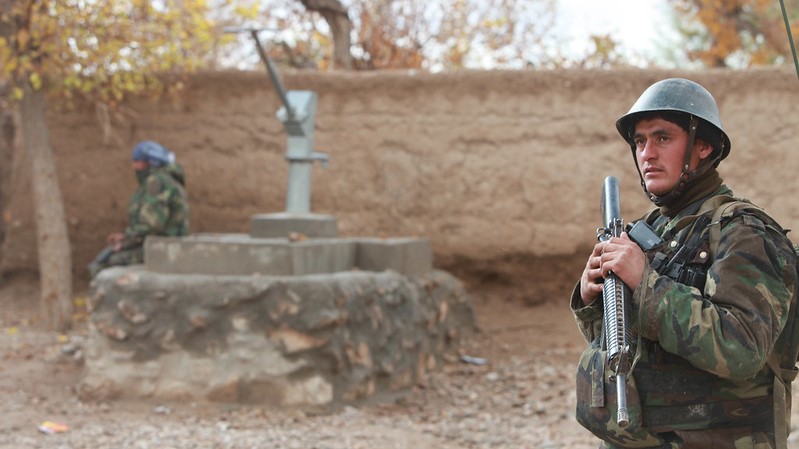
The Prospect of Social Innovations in Uzbekistan
By Bakhrom Radjabov
April 29, 2021, the CACI Analyst
For several years now, Uzbekistan’s leadership has been calling for intensive changes and innovations. This was evident in a historic four-hour long address made by the President of Uzbekistan to the Parliament of Uzbekistan. Furthermore, this ambition has been outlined as a government priority when Uzbekistan announced the theme of the year 2018: “Year of Proactive Entrepreneurship, Innovative Ideas and Technologies.” Now, three years after the President’s address, social innovations do not appear to have mushroomed. Why is this the case?
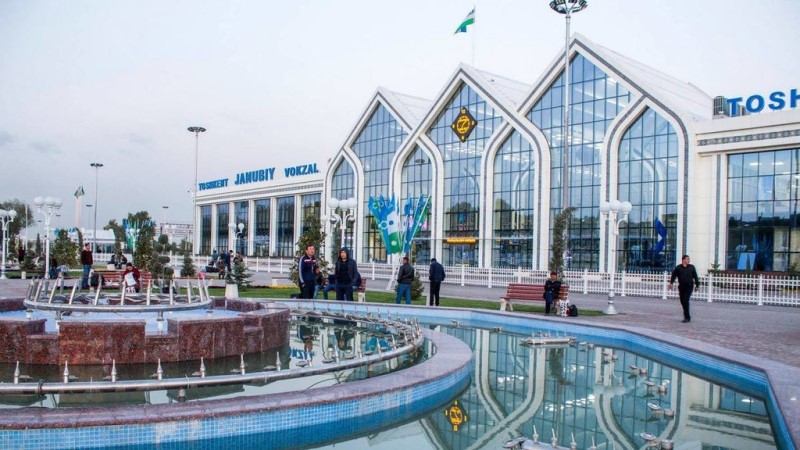
The Sokh Enclave: A Breakthrough in Central Asian Cooperation
By Farkhod Tolipov
April 21, 2021, the CACI Analyst
April 1, 2021, saw the reopening of the long-awaited road connecting the Uzbek Sokh enclave, located within Kyrgyzstan, with Uzbekistan’s mainland, allowing free movement of cars and pedestrians. This became possible after the visit of Kyrgyzstan’s newly elected President Sadyr Japarov to Uzbekistan in March 2021, during which the two states announced their determination to eliminate all remaining border problems between them. Uzbekistan and Kyrgyzstan demonstrated and confirmed their relationship as strategic partners and provided a new example of Central Asian cooperation.
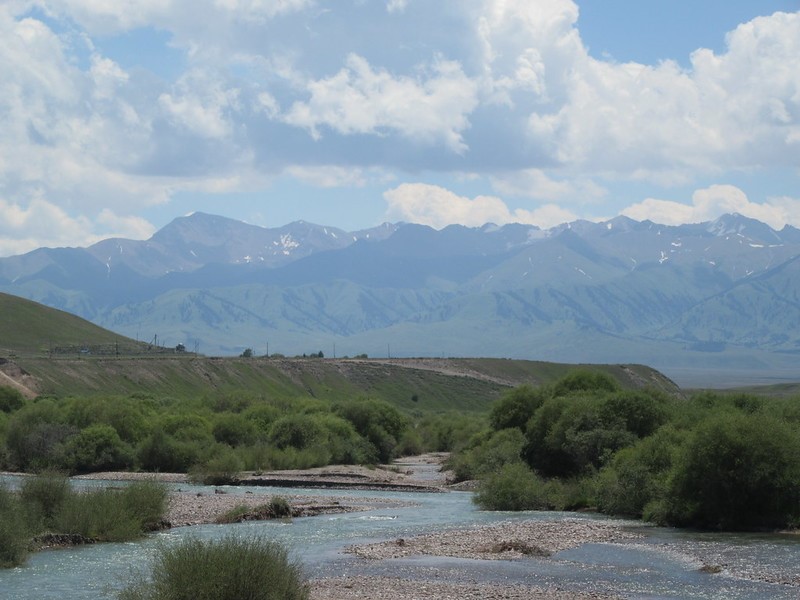







 Book S. Frederick Starr and Svante E. Cornell,
Book S. Frederick Starr and Svante E. Cornell,